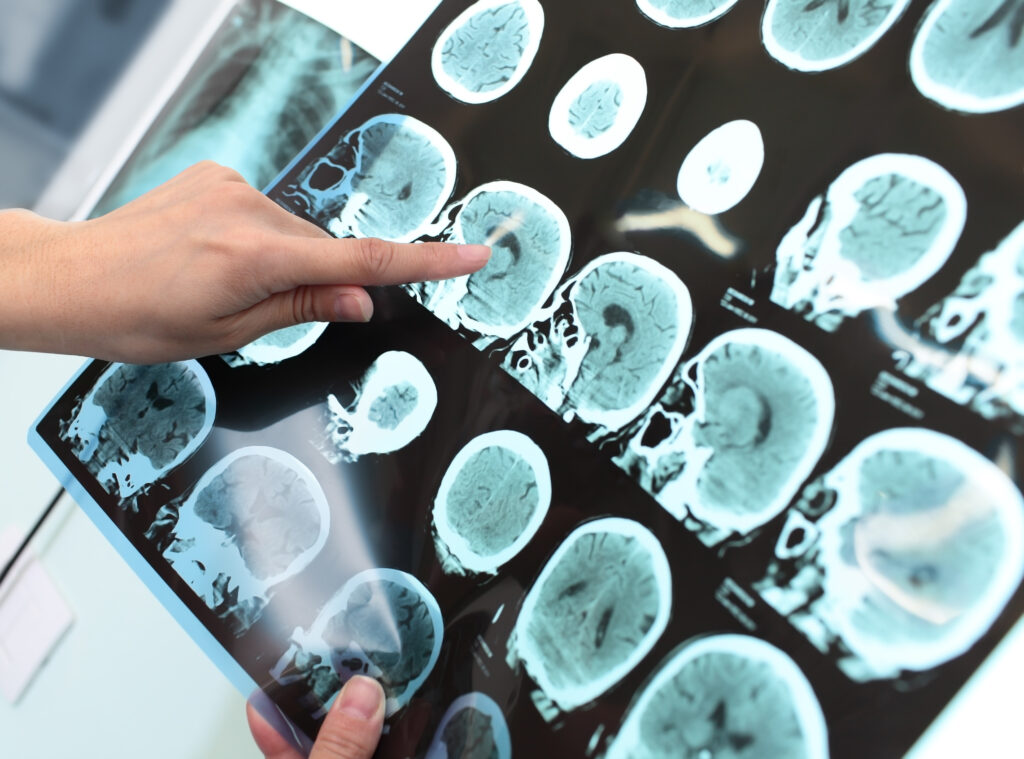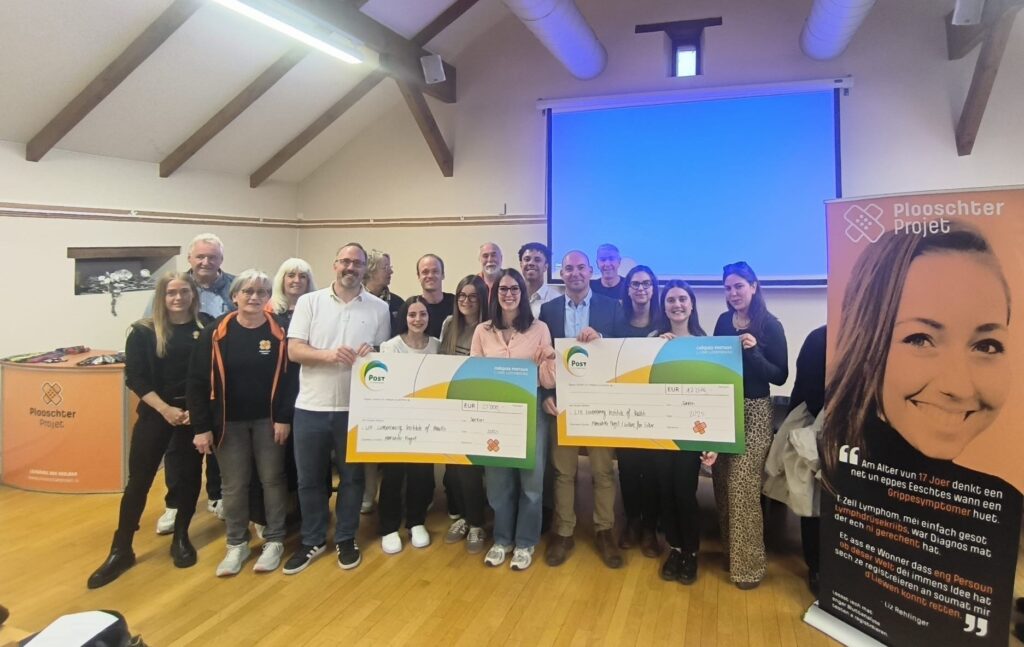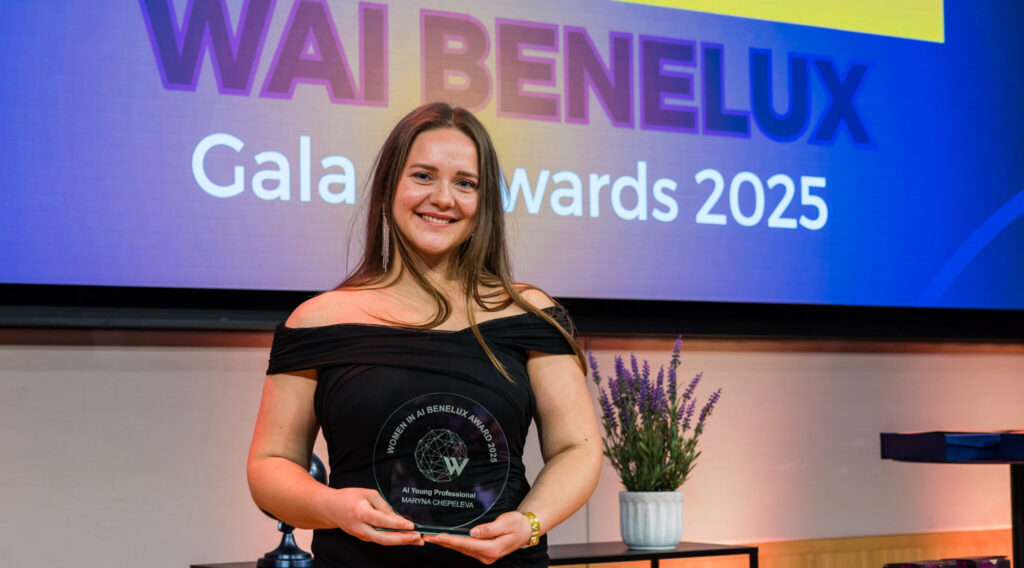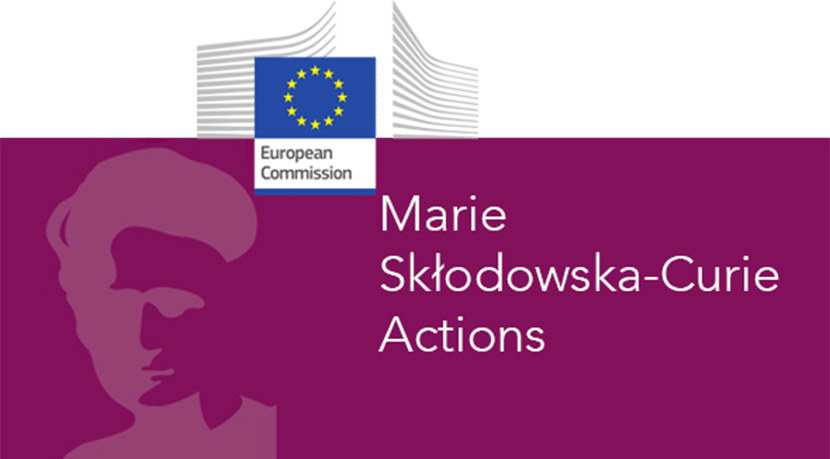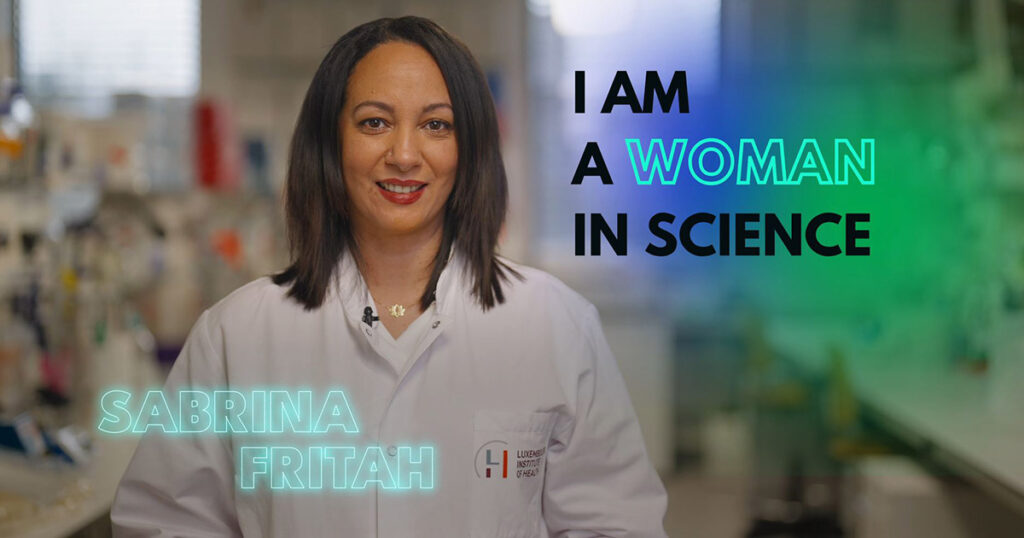News
FNRS renews its financial support to LIH cancer research
Five LIH projects selected for funding under the 2023 Télévie call
- Department of Cancer Research
- DNA Repair and Chemoresistance
- Tumor Stroma Interactions
- Cytoskeleton and Cancer Progression
- Cancer Metabolism Group
- Tumor Immunotherapy and Microenvironment
- Donation

On June 20th, the Belgian Fund for Scientific Research (Fonds de la Recherche Scientifique – FNRS) announced the projects that will benefit from financial support in the framework of the 2023 call of the Télévie programme. Among the 88 projects selected are five LIH-led cancer research projects, as well as one in which LIH is a partner. In addition, funding for three ongoing LIH projects has been renewed for an additional period of two years.
The PIANO (Exploration of the spatial tumor heterogeneity in distinct groups of glioblastoma) project, led by Dr Eric van Dyck of the DNA Repair and Chemoresistance group at the LIH Department of Cancer Research (DoCR), aims to better understand whether and how spatial changes in gene expression can be linked to tumour invasion, progression and treatment response, as well as examine tumour heterogeneity within the primary tumour and tumour relapse. The 2-year study will characterise in these contexts the DNA repair and cell-cycle gene expression signature previously identified by the research team in an earlier project. The study will also involve the Laboratoire National de Santé (LNS) and the University of Liège (Belgium).
RESTAGE (NR1D2 circadian clock gene as a target for reverting glioblastoma-associated immunosuppression via functional modulation of myeloid cells), co-led by Drs Aurélie Poli and Alessandro Michelucci of the Neuro-Immunology research group of the DoCR, aims to investigate the role of the nuclear receptor NR1D2 in myeloid cells as a novel potential target to enhance anti-tumour immunity. According to the scientists, NR1D2 may be key for reverting glioblastoma-associated immunosupression by modulating the function of peripheral and anti-tumour associated myeloid cells. The project also involves the single-cell RNA sequencing platform at the Luxembourg Centre for Systems Biomedicine (LCSB).
TNT2-CLL (Translation as novel Therapeutic target in CLL), led by Drs Jerome Paggetti and Etienne Moussay of the Tumor Stroma Interactions group of the DoCR, aims to understand the role of prohibitins PHB and PHB2 in the regulation of translation inhibition in Chronic lymphocytic leukemia (CLL) cells, and to unravel how the synthetic flavagline FL3 targets these proteins. Moreover, the team will look into how translation initiation is regulated in the immune cells populating the tumour micro-environment and how this could be targeted to enhance anti-tumour immunity, subsequently testing various drugs and molecular approaches to this end. The study team will collaborate with the GIGA research centre of the University of Liège (Belgium).
The TSI team will also conduct TiTLe (Role of AHR and HIF-1A in regulating Tregs suppressive ability in the tumour microenvironment of leukemia). This 2-year project aims to explore the mechanisms by which transcription factors AHR and HIF-1a enhance the immunosuppressive capacity of regulatory T cells (Tregs) found in the microenvironment of CLL. This will ultimately allow the researchers to identify novel therapeutic targets in Tregs in the tumour microenvironment that could be used to enhance anti-tumor immunity in CLL. The project relies on strong collaborations with the German Cancer Research Center (DKFZ) in Heidelberg.
Dr Clément Thomas, leader of the Cytoskeleton and Cancer Progression group of the DoCR, will conduct ACTICAM (Role of ICAM-1 in mediating actin remodeling-dependent tumor immune evasion). The project aims to decipher the molecular pathways that initiate and mediate actin cytoskeleton remodeling in tumour cells during lytic immunological synapse (IS) formation, a critical process underlying tumour cell recognition and killing by cytotoxic lymphocytes, with particular focus on intercellular adhesion molecule ICAM-1.
In parallel, Dr Johannes Meiser, leader of the Cancer Metabolism Group, will contribute to MOFIC (Deciphering the role of the microbiome-derived oncometabolite formate on the immune cell compartment in colorectal cancer), a project led by the University of Luxembourg aiming to elucidate the role of formate, an oncometabolite derived from the microbiome, in colorectal cancer.
Finally, three LIH projects obtained a renewal of their funding. These include IMPACT 21-2, led by Dr Bassam Janji from the Tumor Immunotherapy and Microenvironment group, aiming to improve cancer immunotherapy in melanoma by targeting hypoxia; EVceptor-2, involving both the Immuno-Pharmacology and Interactomics and the Tumor Stroma Interactions groups, aims to elucidate the role of extracellular vesicles in leukaemia and lymphoma; and SUNRISE2, led by Dr Van Dyck in collaboration with the University of Liège, addressing cancer cell propagation in glioblastoma.

